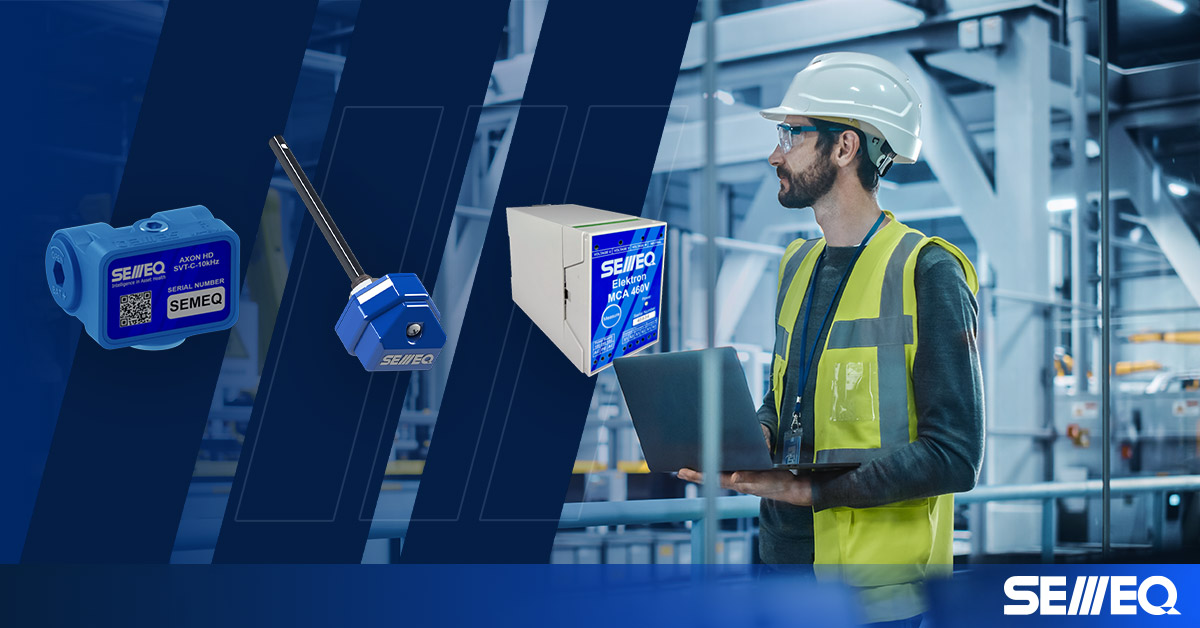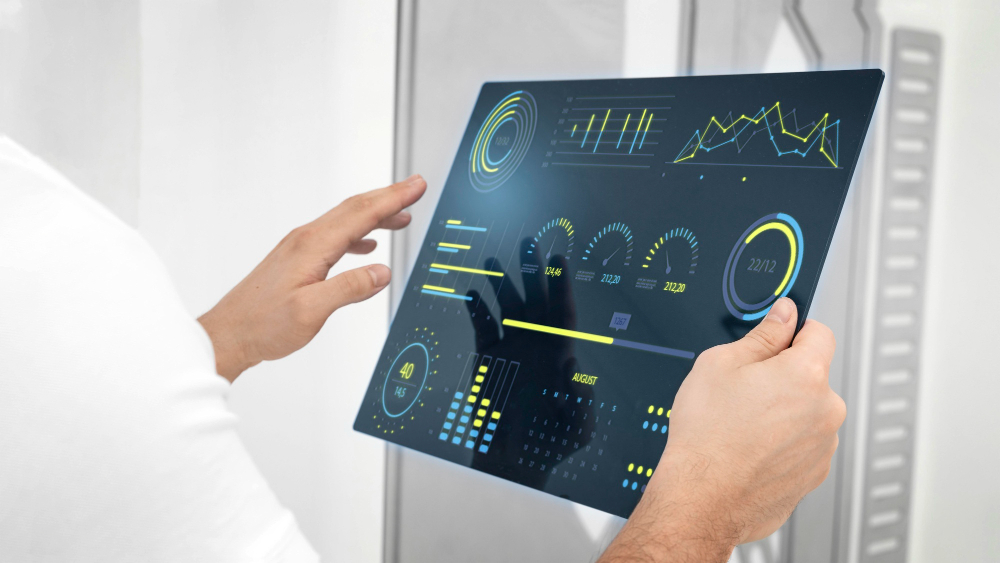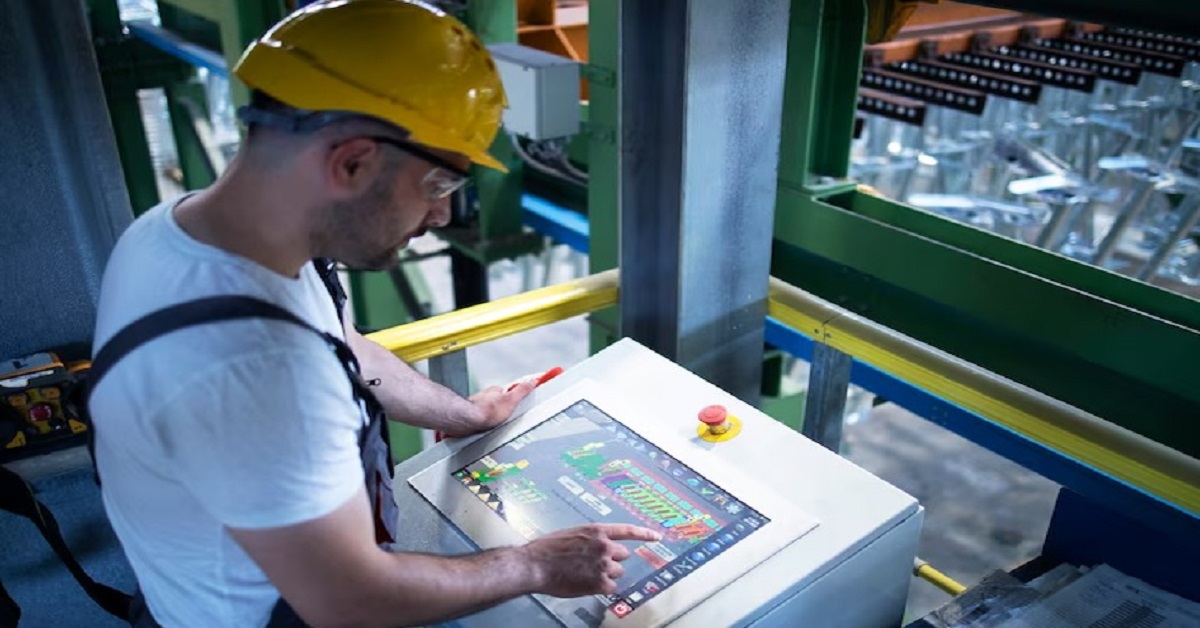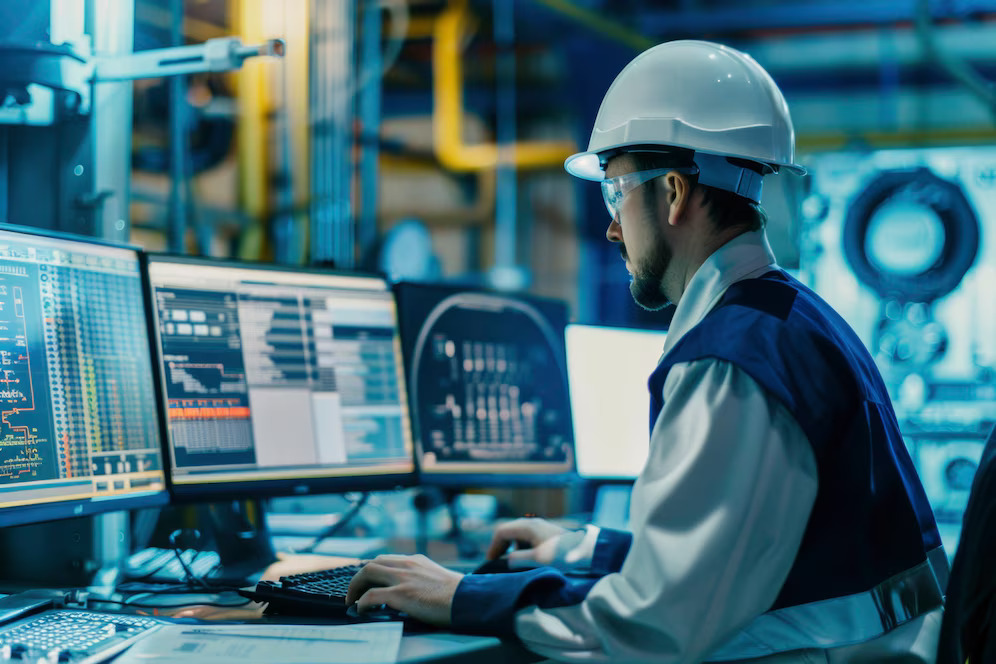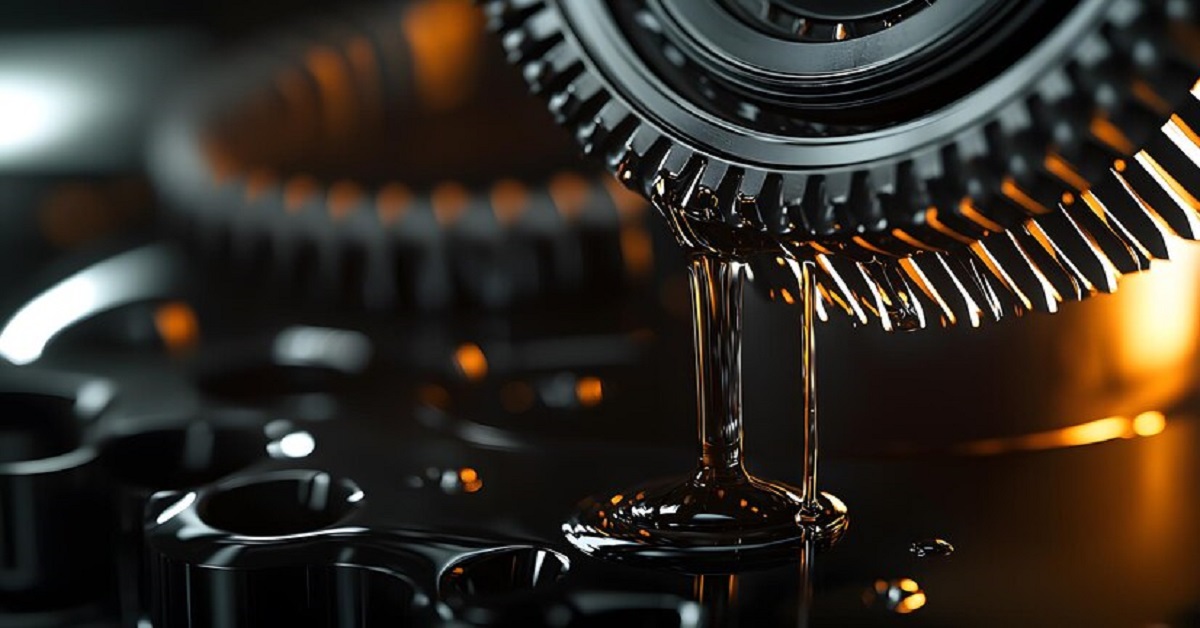The pursuit of high reliability and cost reduction has always been a constant in the industrial environment.
However, with processes becoming increasingly complex and the demand for higher productivity increasing, continuous machine monitoring has become essential to ensure operational efficiency.
Industrial sensors are not just tools, they are the key to implementing effective predictive maintenance, empowering you to stay ahead of potential issues.
But do you know the different types of industrial sensors that can be used in your plant? This article will explore these sensors and how they can optimize your operation.
The Importance of Industrial Sensors in Predictive Maintenance
Industrial sensors play an essential role in predictive maintenance. They collect real-time data on the performance of machines and equipment.
This data allows potential failures to be identified before they occur, ensuring operational continuity and preventing unexpected shutdowns.
Understanding the characteristics and functions of different types of sensors can make all the difference in choosing the most suitable monitoring system for maintenance managers.
Types of Industrial Sensors and Their Applications
Each sensor has a specific function and provides valuable information about the condition of various components and systems in an industrial plant.
Below are the main types of industrial sensors used in Predictive Maintenance and their respective applications.
Vibration Sensors
Vibration sensors, such as motors and pumps, are widely used in rotating machines. They detect abnormal oscillations and vibrations, which indicate wear, misalignments, or bearing failures. Their application is crucial for the early detection of mechanical issues.
Temperature Sensors
These sensors are essential for monitoring the temperature generated by motors, compressors, and transformers, helping to detect overheating that could compromise the equipment. There are various types, such as thermocouples and infrared sensors, each suitable for different scenarios.
Pressure Sensors
Pressure sensors measure the force exerted by fluids or gases within hydraulic and pneumatic systems. They are ideal for identifying potential failures in pumps, compressors, and pipeline systems, indicating pressure changes that could compromise equipment performance.
Proximity Sensors
Proximity sensors are widely used to detect the position and movement of objects or components, and they are indispensable in automated processes. They are beneficial for monitoring displacement and longitudinal or axial movement and can be applied across various industry segments. These sensors help prevent failures in moving parts and are commonly used in conveyor belts and robotic arms.
How to Choose the Right Sensor for Your Application?
Choosing the right sensor depends on several factors, such as the type of machine, the operating environment, and the type of monitoring you want to implement. Key criteria to consider include:
- Type of equipment to be monitored;
- Plant environment (extreme temperatures, humidity, dust);
- Precision and sensitivity requirements;
- Type of failure you want to monitor (vibration, temperature, etc.).
Proper planning is essential to ensure that the selected sensor meets your plant’s specific needs and that the investment brings the expected return in terms of reliability and operational efficiency.
Benefits of Implementing Industrial Sensors
Implementing industrial sensors is not just about detecting failures, it’s about securing a range of benefits that directly impact the operational outcomes of your company, giving you the confidence that you’re making the right choice. Some of the key benefits include:
- Increased Reliability: Equipment reliability is enhanced as failures are identified before they become critical. Industrial sensors ensure machines operate within ideal parameters, increasing the lifespan of assets.
- Production Optimization: Early identification of potential failures allows managers to adjust production schedules more effectively, avoiding unscheduled interruptions and enhancing overall process efficiency.
- Improved Safety: Constantly monitoring machine conditions is also an essential measure for ensuring the safety of operators and the plant. Detecting overheating, excessive vibrations, and other failures reduces the risk of accidents.
SEMEQ Helps You Choose the Right Sensors for Your Needs
SEMEQ, a company specializing in machine monitoring, can assist you in making precise sensor decisions. With our customized solutions and highly qualified team, you will have the support you need to optimize your operations using industrial sensors.
Contact SEMEQ today and discover how we can transform your industrial plant maintenance with the best monitoring technologies.
Check out other content on our blog:
Value-based maintenance (MBV): understand what it is and how to calculate it
PCM in maintenance: see what it is and how to apply it
Predictive monitoring service for industries: learn how SEMEQ helps you improve results
